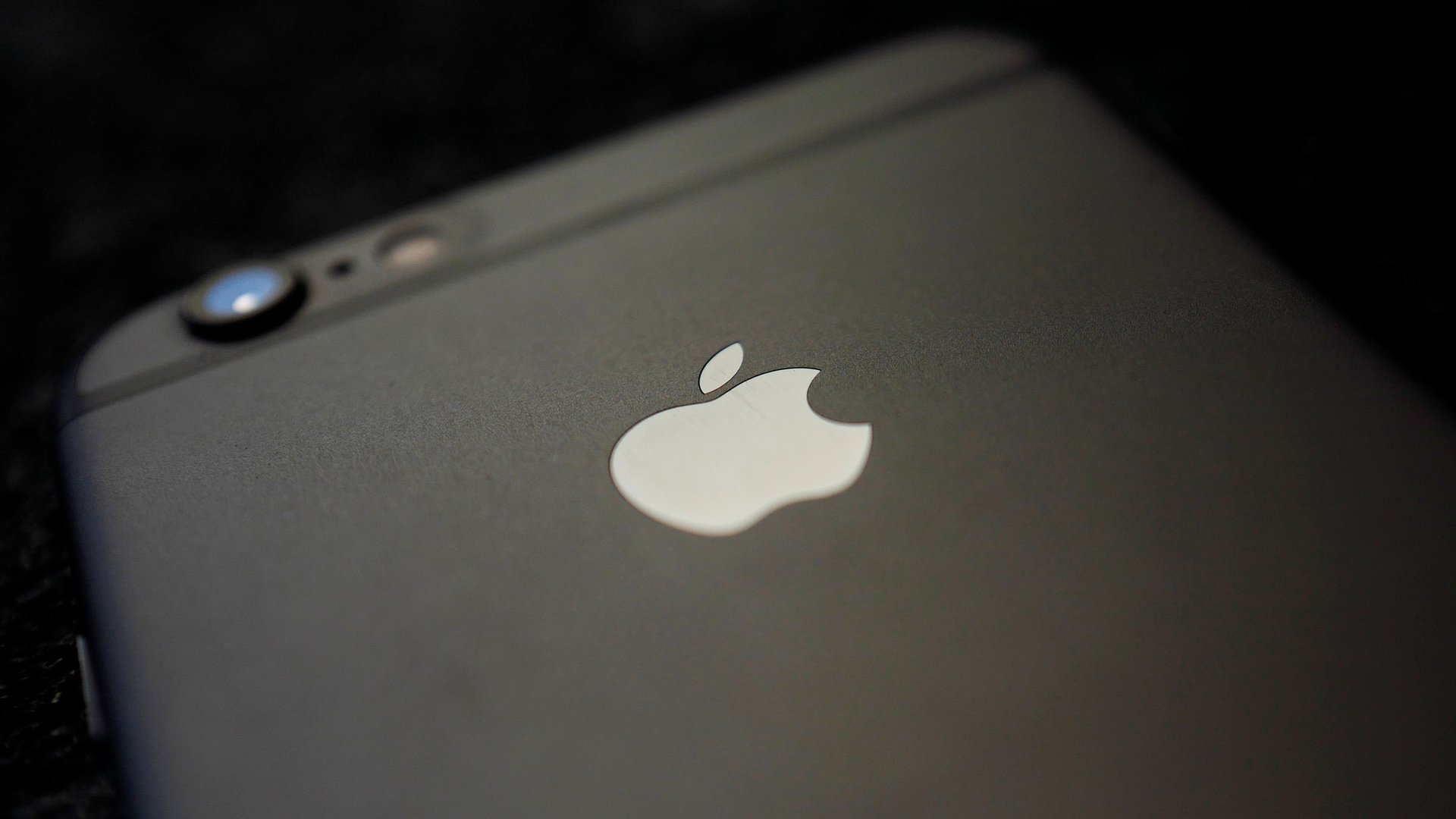It’s smart economics to lease your next iPhone
Last year I made a long overdue phone upgrade and was dismayed to find out the rules had changed. Now instead of buying a phone at a discount, my options were either to lease or buy the phone at the full price. Being a good, rational economist, I defer to certain defaults when faced with a slick sales pitch: I never buy extended warranties or lease anything. Most experts agree, leasing—whether cars or phones, is bad value. But technology is changing the rules.


Last year I made a long overdue phone upgrade and was dismayed to find out the rules had changed. Now instead of buying a phone at a discount, my options were either to lease or buy the phone at the full price. Being a good, rational economist, I defer to certain defaults when faced with a slick sales pitch: I never buy extended warranties or lease anything. Most experts agree, leasing—whether cars or phones, is bad value. But technology is changing the rules.
As the phone salesman pushed leasing, I stayed strong and did the math. The monthly payment plan, $28 a month for two years, would cost me $22 more than buying the phone for $650. Of course there’s an opportunity cost to buying the phone up front. Suppose I put $650 in the bank, used the funds to make my lease payments, and collected interest along the way. If I earned a 3% annual real interest rate, it’s the same price to lease or buy. But no bank offers a 3% real interest rate these days andI’d be lucky to get that in the stock market. If I assumed a more realistic risk-free rate, 0.25 % annualized, I’d only earn $1 off my investment plan. Leasing will still cost me $21 extra. Plus the lease payments don’t build equity. If I bought the phone I could sell it when I finish my contract and qualify for my next upgrade. This is why buying is a no-brainer.
But maybe not. Do I really want to own my phone in two years? A normal asset’s value comes from the dividend payments from ownership (if the asset is a house you get a place to live, for a bond it’s coupon payments) and the resale value. But a phone’s primary value is its ability to deliver the latest technology when you use it. Out-of-date phones are essentially worthless and the depreciation happens fast. And let’s be real. I am not organized enough to sell an old phone. After upgrading in the past, I kept my old phone in a drawer, planning on selling it, until it was so out-of-date I didn’t feel guilty recycling it. The leasing option comes with free upgrades. The constant-upgrade option is more valuable, perhaps worth more than $21, than owning an old phone in two years.
And then there was the kicker. When I tried to explain my math behind why I wanted to buy the phone, the salesman spoke very fast, did more math I couldn’t understand. (Who knew a mobile phone salesman could best a quantitive PhD like myself? My carrier should be in charge of math education.) But from what did understand, if I leased my phone I’d qualify for a monthly plan that was $40 cheaper a month than my last plan. Even after leasing costs, my overall monthly bill was $12 cheaper, plus the option of free upgrades and free disposal of my out-of-date phone.
I decided to lease. I broke my rule of thumb. Behavioralists caution that while rules-of-thumb can help us make sense of confusing information, they can cause us to make systematic errors. After my phone upgrade I started to wonder if technology was moving so fast all my decision rules were outdated. I still say no to extended warranties, but my new default is to rent anything with a fast shelf-life.